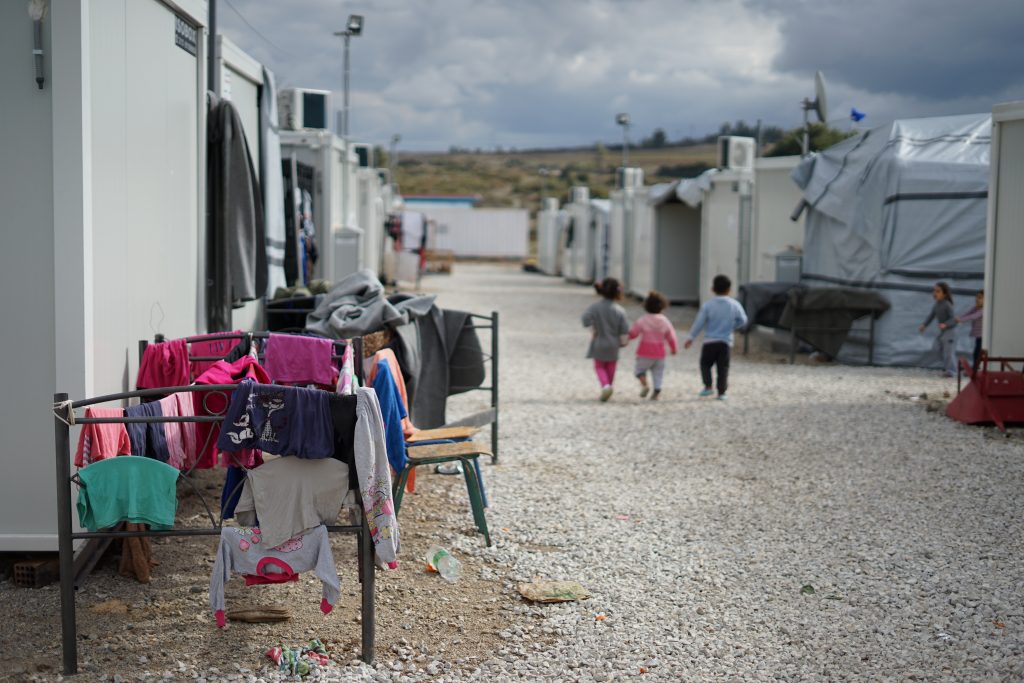Research
Forced displacement represents a challenging journey—a profound experience as individuals leave behind families and the familiarities of their lives in search of safety, security, and protection. It thrusts them into various liminalities—spatiotemporal, legal, socioeconomic—and, for some, a state of liminality concerning their identities. Extended periods of legal uncertainty and limbo have a ripple effect on displaced populations’ livelihoods, housing, and access to services. In these precarious conditions, displaced individuals face limited choices, having to craft various survival strategies. Refugees, asylum seekers, and others in forced displacement may engage in transactional sexual practices to meet basic needs, facilitate border crossings, documentations, or even as a form of protection from sexual and gender-based violence by others. Many also engage in transactional sexual practices due to coercion, extortion, threats, and intimidation—constituting de facto sexual exploitation and abuse. Transactional sexual activities increase the risk of ill health and sexual and gender-based violence, contributing to an elevated risk of mental and psychological concerns, unwanted pregnancies, HIV/STIs, and other adverse sexual and reproductive health outcomes. With limited access to health services, legal protection, and social support, compounded by xenophobia, worsening gender inequalities, homophobia, and transphobia, these experiences have a significant impact on the health and well-being of displaced populations.

Project Description
The Liminality Research Consortium successfully concluded the research project, ‘Survival Strategies and Health Repercussions in Forced Displacement,’ with data collection conducted in Lebanon, Jordan, Turkey, Greece, and Switzerland from 2020 to 2023. This pioneering, multi-disciplinary collaboration delves into the gendered challenges and structural factors that render refugees, asylum seekers, and those in refugee-like situations, regardless of gender, sexual orientation, and gender identities and expression, vulnerable to precarious conditions and marginalization. The research aimed to examine the survival strategies crafted by forcibly displaced populations to navigate the complex challenges and overlapping liminalities they face. Specifically, the study scrutinized the sexual and reproductive health, as well as the mental health repercussions of these survival strategies. Notably, our data sheds light on the structural drivers and gendered patterns of transactional sex, as one such survival strategy, and examines conditions that facilitate transactional sex as a result of coercion, extortion, threats, intimidation, which constitute de facto sexual exploitation and abuse.
Expected Impact
Our research strives to produce nuanced evidence on the structural factors perpetuating and intensifying gendered vulnerabilities and zones of precarity within forced displacement. The goal is for this evidence to inform policies addressing the structural drivers of these overlapping liminalities that, in turn, facilitate harmful survival strategies. Additionally, we aim to provide insights for programmatic interventions that can mitigate adverse outcomes associated with these survival strategies. This includes enhancing access to sexual and reproductive health and mental health services, as well as providing legal support and social protection.

